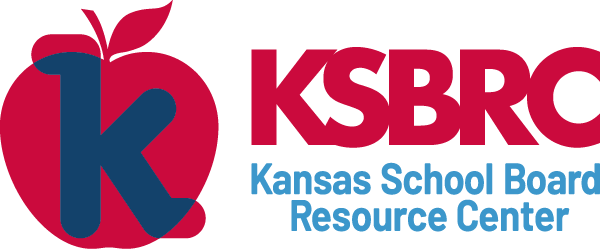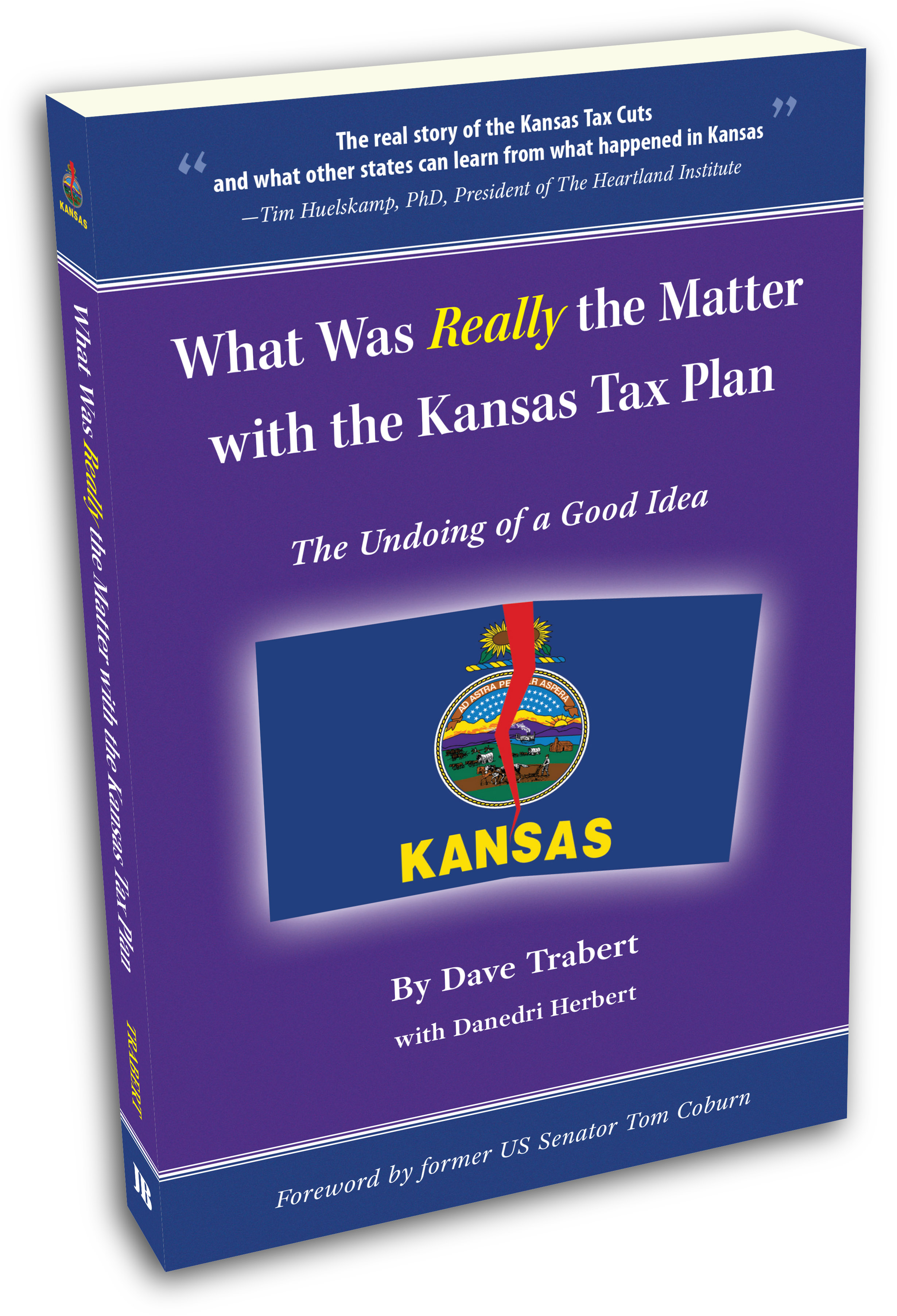Kansas lawmakers expanded a small school choice program as part of the new school finance formula. Gov. Sam Brownback signed the new funding mechanism into law on June 15.
The Tax Credit for Low Income Scholarship Program allows low-income students to attend private schools on scholarships. Today, the scholarships are funded by tax credits in exchange for corporate donations, but a provision in the new funding formula will allow individuals–not just corporations–to receive a 70 percent state tax credit for donations, which also qualify as charitable gifts for federal tax purposes.
“It opens up in tax year 2018,” James Franko, policy director at Kansas Policy Institute, said. “Anyone with a tax liability will be able to participate.”

The program, launched in 2014, is Kansas’ first school choice program, but opponents of school choice program want to strangle it in the cradle, according to Michael Schuttloffel, executive director of the Kansas Catholic Conference.
“It’s a very new program. I think once parents start experiencing choice, they’re going to like it and their friends are going to want some choice, too,” he said.
Only students in low income families in low scoring school districts are eligible for the program. About 200 students participated last school year, but about 22 percent of all Kansas students meet eligibility requirements. Schuttloffel said they’re exactly the kinds of kids that members of the Kansas Supreme Court worried weren’t receiving an adequate education in its most recent school funding opinion.
“The Court, in their large decision in the ongoing Gannon case, when they said the legislature wasn’t living up to its mandate to properly fund public schools, it pointed to low income, minority Kansans as the kids who aren’t getting the education they’re entitled to,” Schuttloffel said. “That’s precisely the kids this tax credit scholarship program is serving.”
Lawmakers proposed an amendment to phase out the tax credit program on the House floor. It failed.
“The attempt was made, and it is a little surprising and shocking that this is a priority for a group of people. They want to kill this program that is helping 200 low income kids attend the schools of their dreams,” Schuttloffel said.
Though the final bill allows more people to receive the tax credit for donating to the program, school choice advocates were unable to prevent a new regulation requiring participating private schools to seek accreditation in order to offer the scholarships to students.
Initially, some pushed to require that the schools be accredited by the state, a regulation Schuttloffel called unacceptable.
“The insistence that the schools be accredited by the state board was really just one way for opponents of the program to chip away at it,” he said.
Though Catholic schools are state accredited, many private schools are not. Schuttloffel and other school choice advocates worked to change that provision so the private schools must be accredited through a long list of potential accreditation organizations.
“We were able to mitigate the damage, but nonetheless, it’s a new restriction. It will be workable for most of the schools hopefully,” Schuttloffel said.



